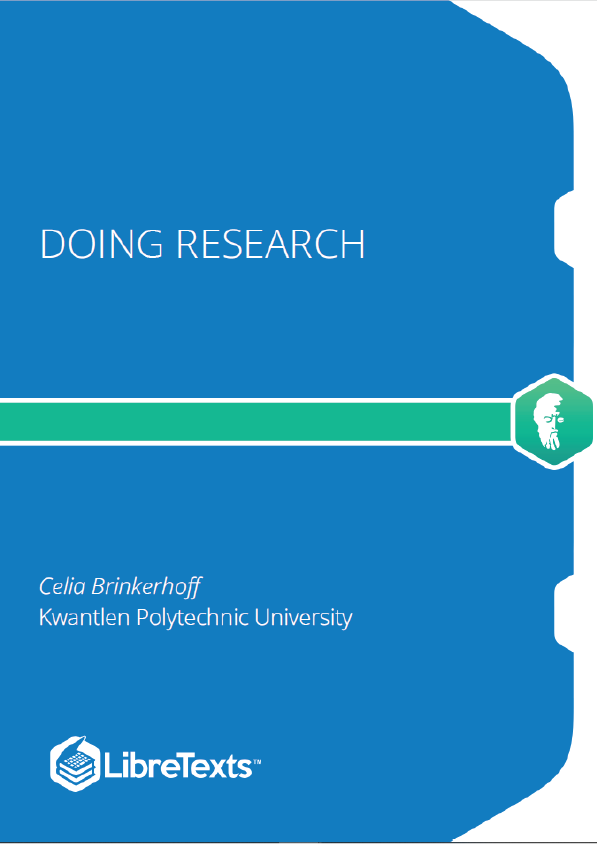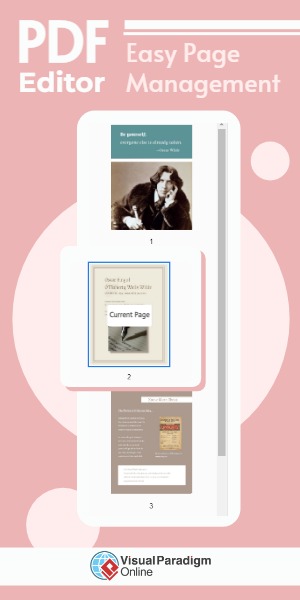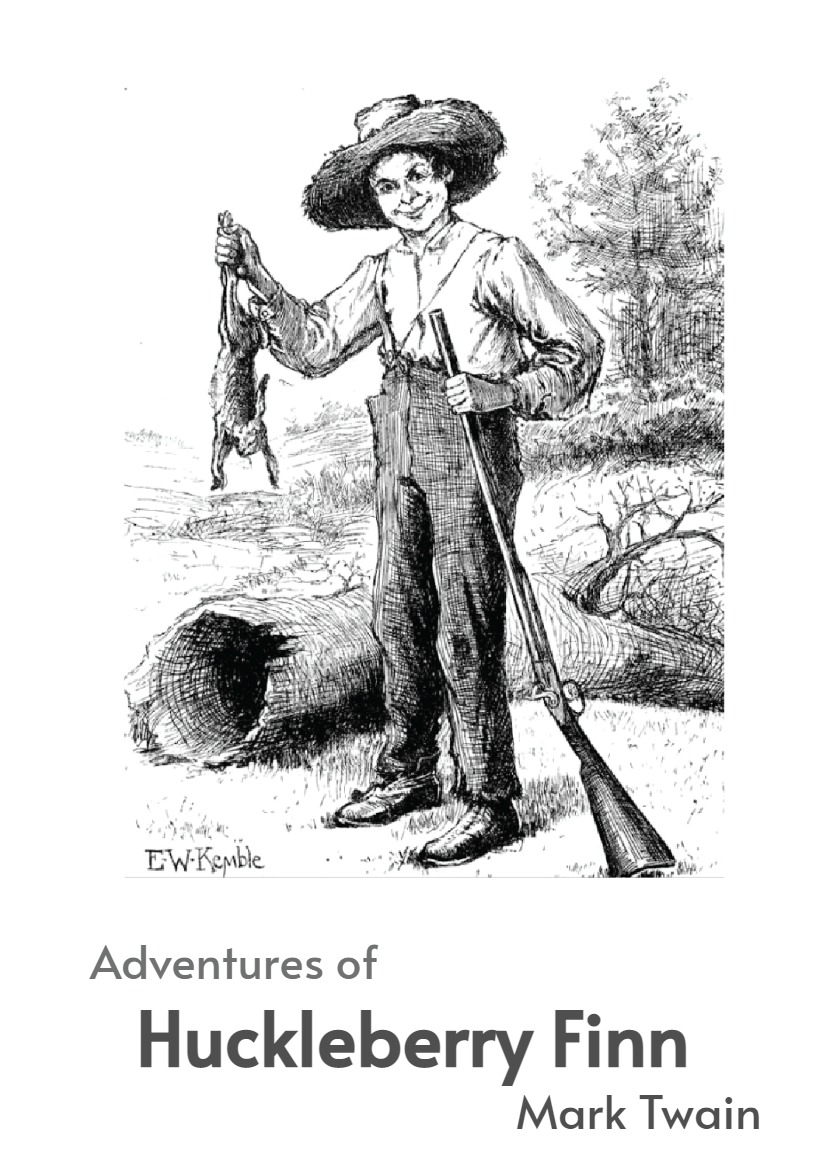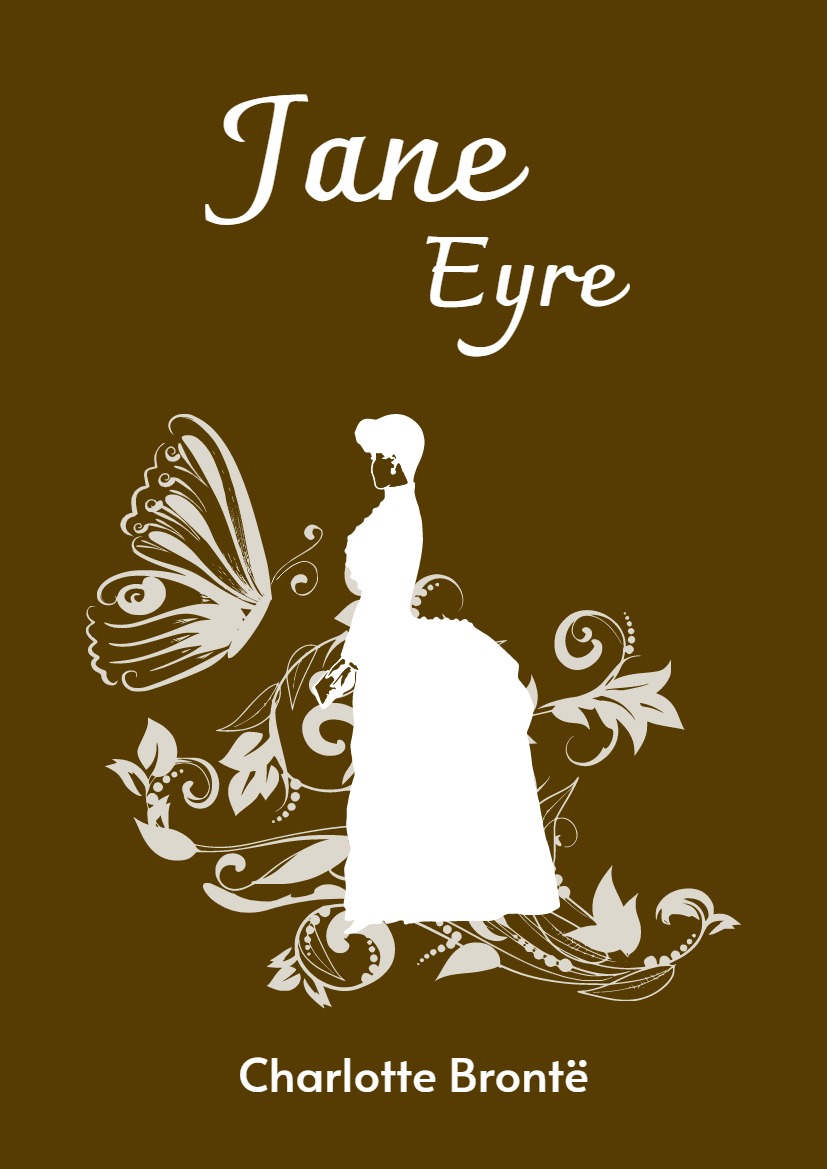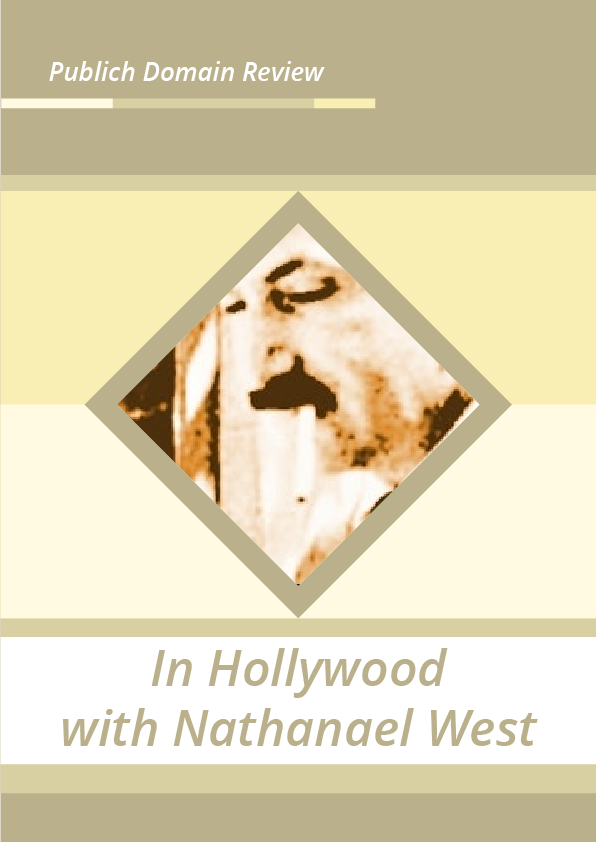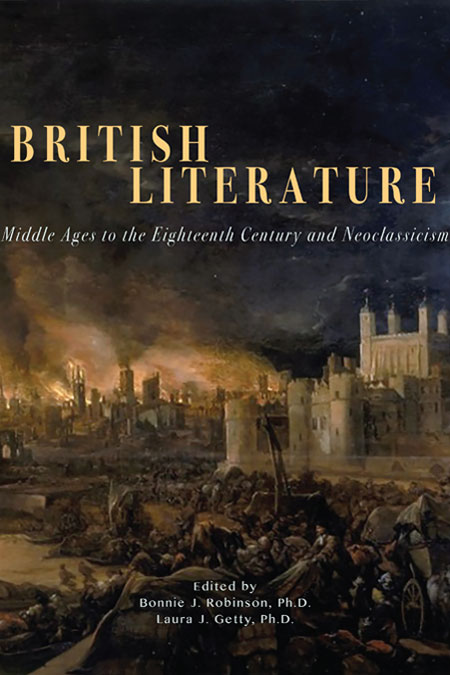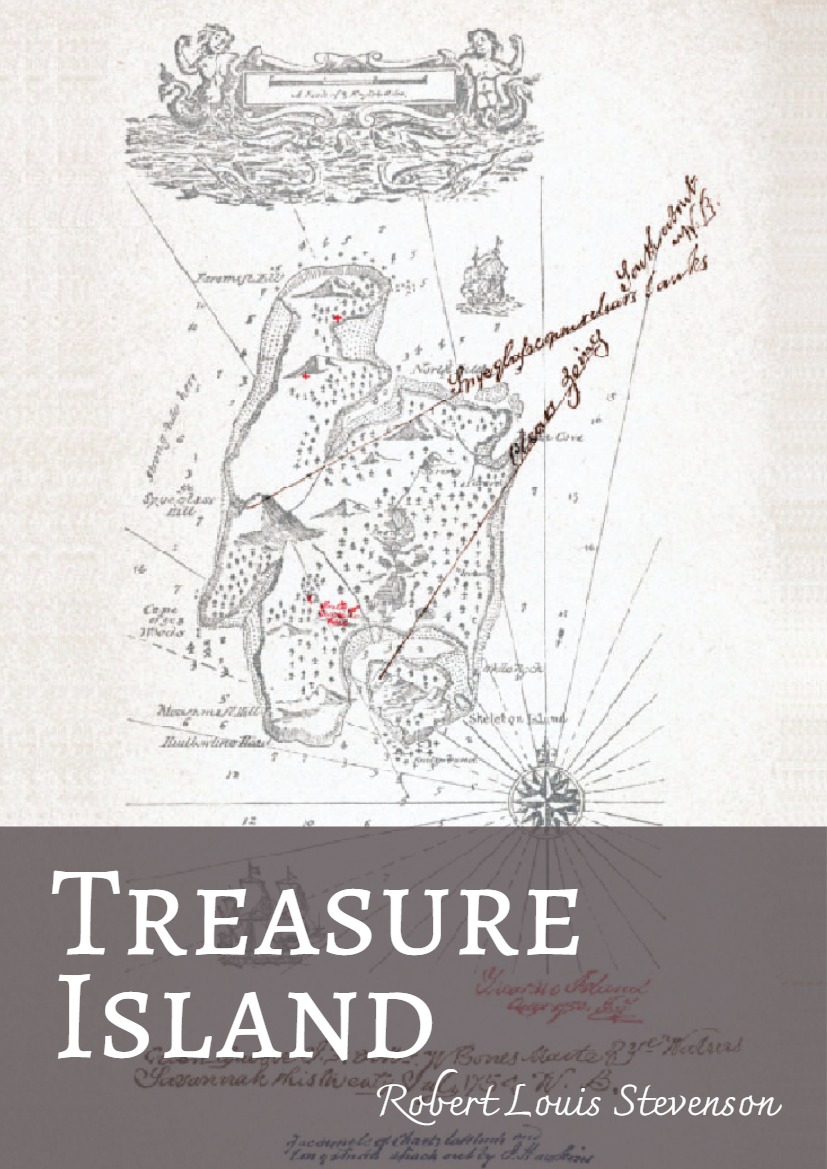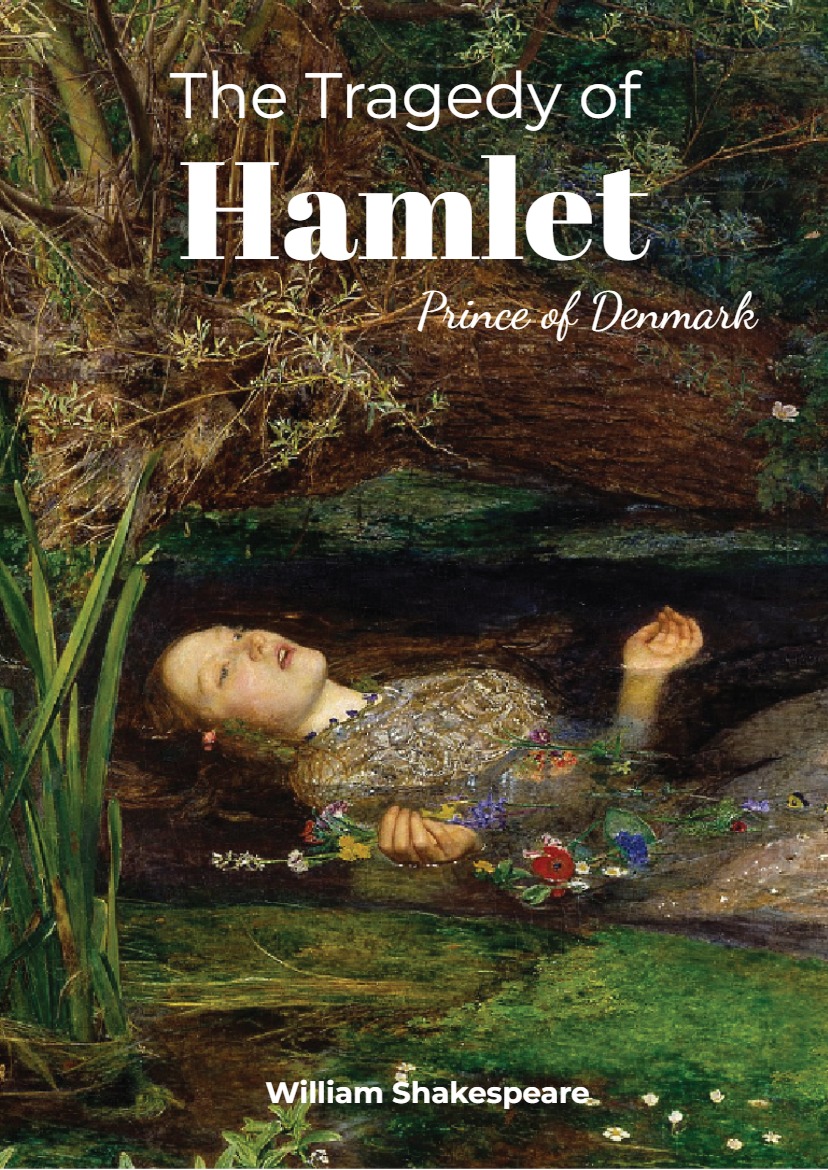Defining your research question is a process of working from the outside in: you start with the world of all possible topics (or your assigned topic) and narrow down until you have focused your interest enough to be able to state precisely what you want to find out, instead of only what you want to “write about.” Going through this process can be the hardest part of doing research, but once you have a question that is realistically scoped (not too broad, not too narrow) it will guide the rest of your work.
As you are exploring your topic and figuring out ways to narrow it down to a searchable question, it is a good idea to do some initial reading. For one thing, you might not know much about your topic yet. For another, such reading will help you learn the terms used by professionals and scholars who have studied your narrower topic. Those terms might become your keywords or search terms later on, so keep them in mind. Getting your words right It’s important to understand that the search terms you use will have a direct correlation with the kinds of sources you find. And spending some time early on in your research learning relevant terms will save you time later on. For instance, if you were going to do research about the risk of bird flu to humans, initial background reading would teach you that professionals and scholars usually use the term avian influenza instead of bird flu when they write about it. (Often, they also use H1N1 or H1N9 to identify the strain.) If you didn’t learn that, you would miss the kinds of sources you will eventually need for your assignment. Take a look at the Google search results using the terms “bird flu” and human risk vs. “avian influenza” and human risk. Compare the kinds of sources listed.
A note about Wikipedia
Wikipedia is a popular place to start your research and will likely be one of the top results in a Google search of your topic. While Wikipedia articles are edited and must be supported with external links and references to other, legitimate sources, it is not a good idea to rely solely on them. That’s because you can’t verify who has written the article, and whether the author has any credibility or expertise on the subject. Content on Wikipedia has the potential to change quickly, so your source might disappear and will be difficult for your reader to find later. What you can do with a Wikipedia article is look at the external links, the references, and the suggestions for further reading and try to follow up with those, either in the Library’s collection or elsewhere on the internet.
Try a Library encyclopedia or dictionary instead
Although you will likely start your background reading with a quick Google search, you should visit the library and its collection of reference materials early in your research. The library has access to many encyclopedias, dictionaries, and handbooks, both in print and online.
